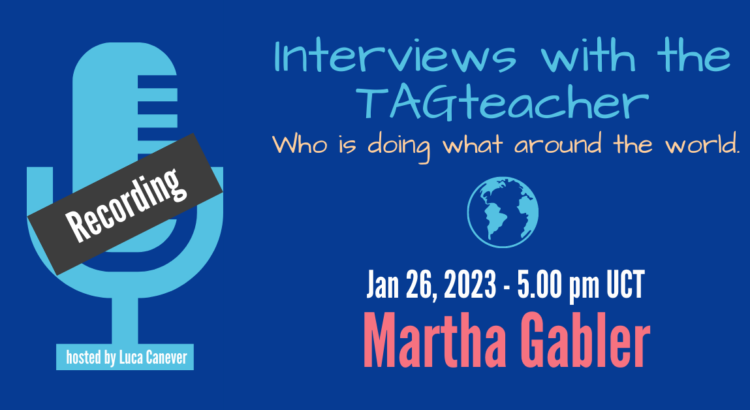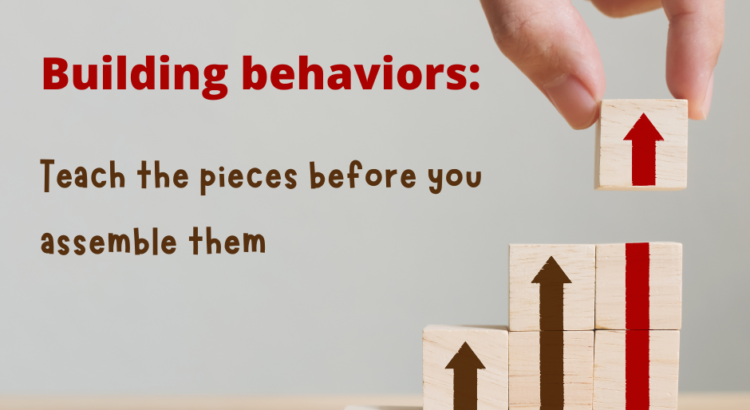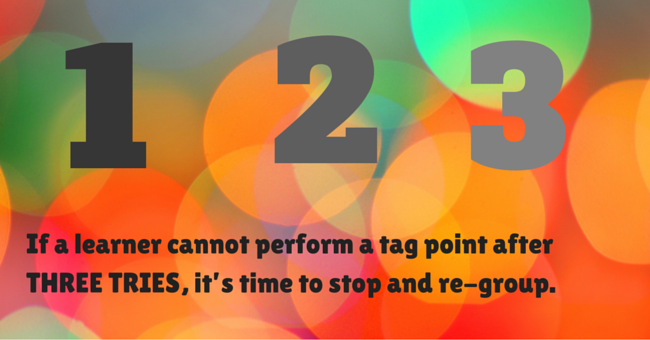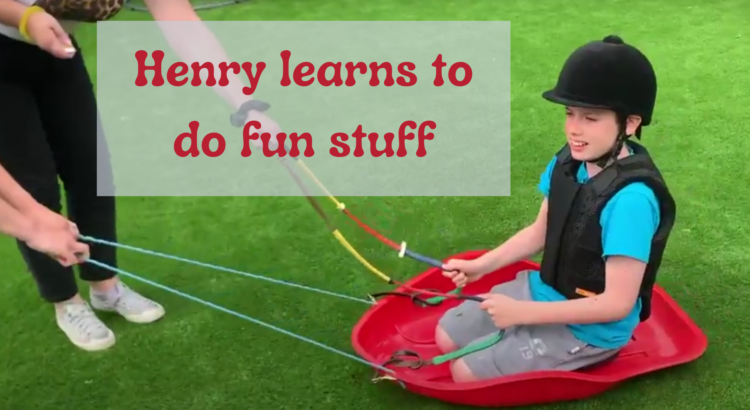By Irith Bloom CPDT-KSA, CBCC-KA, CDBC, KPA CTP, VSPDT, CBATI, Level 1 TAGteach
TAGteach is an amazing tool. Whether you are working with gymnasts, fisherman, medical students, golfers, or pet parents, TAGteach can help you do your job better. One reason TAGteach is so effective is that it helps us speak less, thanks to tools such as the focus funnel and tag points. But coming up with pithy ways to say what we mean is not the only important skill TAGteachers need to cultivate.
Changing habits
Sometimes, a TAGteacher’s job is to help people learn not just individual skills, but new habits. Habits are difficult to change, and replacing old habits with new habits takes time and repetition. In other words, while we can use TAGteach to help learners develop new skills, those skills won’t become habits without repeated practice. We need to find a way to get learners to practice new skills often enough that they become part of their routine.
Finding the right motivation
Every learner is different. Every person finds different things motivating. The only way we can discover what is motivating to the learner in front of us is to listen. By paying attention to both what learners are saying and how they are saying it, we can find out more about their needs and wants. That helps us create plans that work for the individual learner in front of us.
Read More









